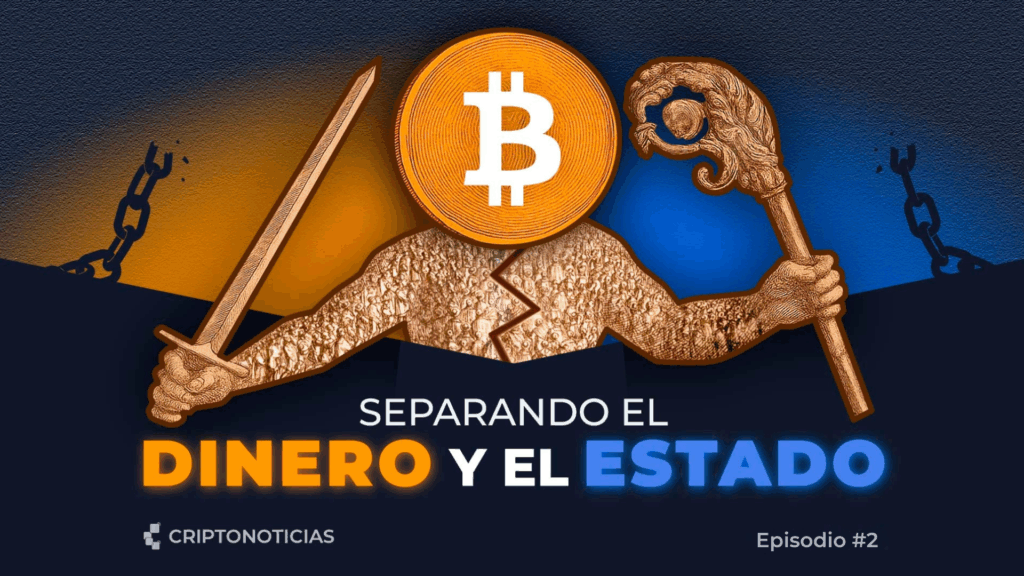In the second episode of the podcast, Separating Money and the State, Iván Gómez talks with the head of the Trezor Academy, Josef Tetek, about the importance of separating money from the State, the nature of fiat currencies and their impact on the economy and in people’s perception of time.
In a hyperinflationary economy, planning is impossible so we live in the immediate and things lose value, so Society tends towards nihilism.
Topics such as inflation, financial planning, and social coordination are explored in the context of the modern economy. Tetek also analyzes economic cycles and money creation, highlighting the lack of effective solutions to current economic problems.
On the other hand, the criticism and relevance of the Austrian economy, the role of the State in inflation and the provision of public goods and the future of the state role in a bitcoinized world are explored. Josef Tetek explores the dynamics of power in modern states, the monopolization of violence, and how Privatization may offer a more peaceful solution.
The most relevant:
- The separation of money and the State is fundamental to economic freedom.
- Financial planning is affected by the nature of the money we use.
- Hyperinflation can completely destabilize a society.
- Social coordination is key to the functioning of the economy.
- Business cycles are the result of manipulation of the money supply.
- Uncontrolled money creation can lead to economic bubbles.
- Inflation is seen as a silent tax by Austrian economists.
- The separation of money and state could reduce the size of government.
- Economic history offers examples of private provision of public goods.
- The future of the State could be fragmentation into smaller units.






Leave a Reply